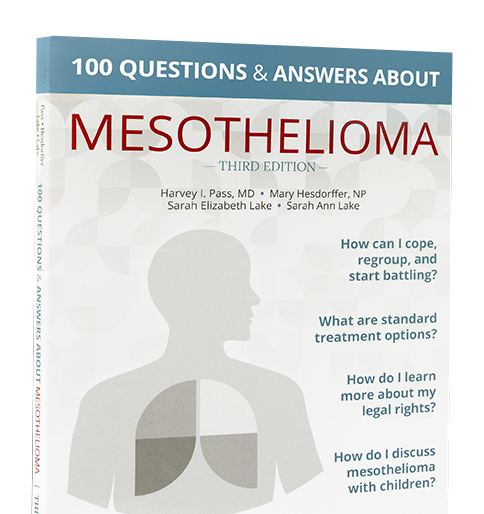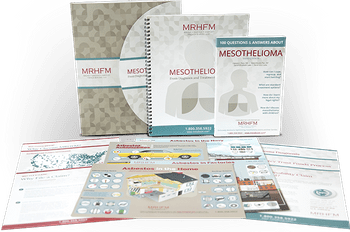Merck, the company behind ‘miracle drug’ Keytruda, has announced that the drug extends overall survival (OS) in patients with metastatic non-squamous non-small-cell lung cancer (NSCLC), when combined with chemotherapy drugs pemetrexed and cisplatin or carboplatin. According to the pharmaceutical giant, this is the first PD1 inhibitor/chemotherapy combination to show overall survival in NSCLC.
According to a release by BusinessWire, the pivotal Phase 3 KEYNOTE-189 trial investigating Keytruda (pembrolizumab), in combination with pemetrexed (Alimta) and cisplatin (Platinol, CDDP) or carboplatin (Paraplatin), for the first-line treatment of patients with NSCLC, has met its dual primary endpoints of OS and progression-free survival (PFS).
President of Merck Research Laboratories, Dr. Roger M. Perlmutter said, “KEYNOTE-189 showed significant improvement in overall survival and progression-free survival for patients receiving Keytruda in the first-line setting in combination with traditional chemotherapy, compared with those receiving chemotherapy alone.”
“We are deeply grateful to the KEYNOTE-189 patients and investigators for their important contributions to this landmark study, and we look forward to presenting the data in the near future,” he said.
The Keytruda/chemotherapy combination has already received clearance in the U.S.
About NSCLC and Mesothelioma
The news that a Keytruda/chemotherapy combination could help improve overall survival is a significant step towards adding more effective treatments to the list of therapies for mesothelioma. Though NSCLC and mesothelioma are two different types of cancer, they have a number of similarities. Both conditions affect the lungs. Mesothelioma is caused by asbestos, while NSCLC can also be caused by asbestos, as well as smoking and air pollution.
The diseases also have overlapping symptoms including chest pain, difficulty breathing, weight loss, coughing, and fatigue. Treatments are similar as well. Mainstream treatment options for lung cancer and mesothelioma are surgery, chemotherapy, and radiation.
Though NSCLC has a better 5-year survival rate, both diseases have a rate of less than 20%. The 5-year survival rate for NSCLC is close to 18%, while the rate for mesothelioma is 10%.
If you have been diagnosed with mesothelioma, talk to your doctor about clinical trials and groundbreaking new treatments such as Keytruda/chemotherapy. Newer treatments such as these could greatly improve life expectancy and quality of life.
Sources
American Cancer Society. American Cancer Society, Inc., 2018. Web. 24 Feb. 2018.
McKee, Selina. "Keytruda/chemo Combo Extends Survival in NSCLC Patients." PharmaTimes. PharmaTimes Media Limited, 17 Jan. 2018. Web. 24 Feb. 2018.
"Merck's KEYTRUDA(R) (pembrolizumab) Significantly Improved Overall Survival and Progression-Free Survival as First-Line Treatment in Combination with Pemetrexed and Platinum Chemotherapy for Patients with Metastatic Nonsquamous Non-Small Cell Lung Cancer (KEYNOTE-189)." BusinessWire.com. Business Wire, Inc., 16 Jan. 2018. Web. 24 Feb. 2018.






